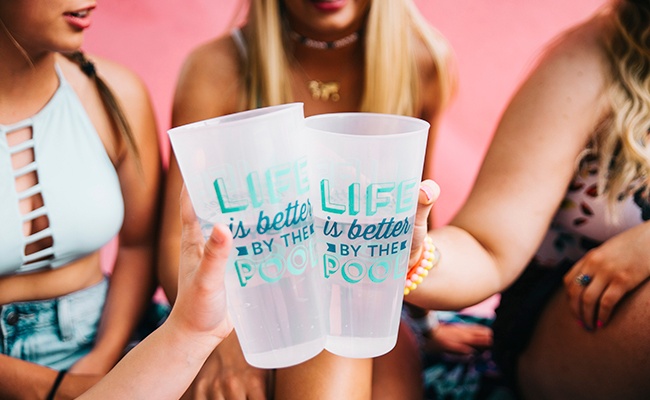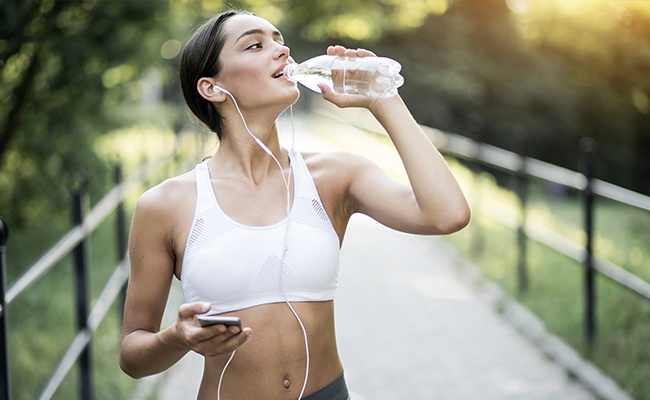
It is important that we all consume sufficient fluids to keep our bodies hydrated. The amounts required will vary depending on age, gender and other factors such as pregnancy. The National Academies of Science Engineering and Medicine suggests recommended fluid intakes of 2.7 liters for women and 3.7 liters for men. But why is it important to stay hydrated?
Total fluid intake is derived from both food and drinks consumed, but research conducted by the Center for Disease Control (CDC) show that water intake is lower for senior adults when compared to the overall US adult population. Effective hydration becomes even more important as our bodies age and we naturally slow down and lead a more sedentary lifestyle. In addition, during instances of extreme need like exceptionally hot weather or illness the use of IV feeds can be used instead of or alongside more traditional hydration methods. These can help the body to re-hydrate and re-energize the body much more effectively than traditional methods alone.
The Consequences of Dehydration.
Even mild dehydration can lead to increased tiredness and fatigue; impaired memory function and reduced concentration levels. Some common complications linked to dehydration include low blood pressure, weakness, and dizziness; this increases the chances of a fall. Poor hydration can increase the chances of pressure sores or skin conditions.

Water is excellent for your kidneys and reduces the chance of urinary tract infections. In seniors, dehydration is one of the main causes of acute kidney injury. Inadequate water intake is also the main cause of constipation for seniors.
What Can Be Done to Prevent Dehydration?
A study published in the US National Library of Medicine lays out the importance of being aware of the importance of maintaining good levels of hydration especially during periods of warm weather.

The most important strategy is to ensure that a minimum of 1.7 liters of water is consumed. Together with food consumption, this should maintain an adequate level of hydration. Setting a reminder and monitoring consumption is useful and there are a number of online and phone applications that can be used. Fluids can be made more attractive for consumption, especially plain water. You can add a bit juice to flavor it or a slice of lemon or lime to add flavor and a bit of color. But if you're more into fitness and long-term health, you can try a Liquivida vitamin IV drip that will deliver the right amount of micronutrients and fluids directly to your bloodstream.
As we age our bodies naturally change and there is little we can do to stop these changes. Good hydration is essential for all of us and is even more important as we reach our senior years. Being aware of the risk factors and signs of dehydration can ensure that some simple and straightforward action can be taken. This can reduce the chance of a more serious health situation developing.








 By Liquivida®
By Liquivida®


